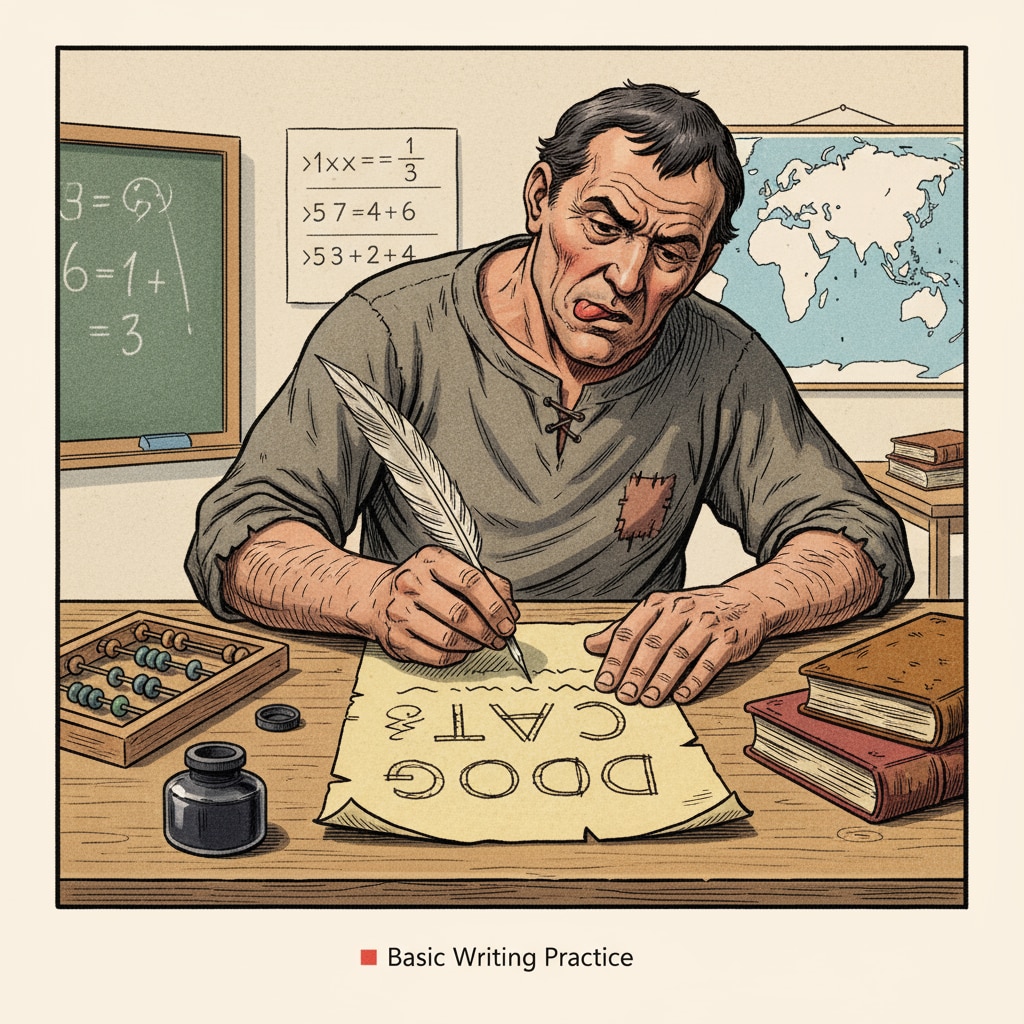In the realm of novel writing, character writing styles are intricately linked to educational background. Crafting a believable voice for a character with limited education requires a deep understanding of various factors. Let’s explore how to achieve this authenticity.

Understanding the 1970s US Educational Landscape
The 1970s in the US had a distinct educational environment. During this era, access to quality education varied greatly. Public schools in some areas lacked resources, leading to a less comprehensive learning experience. For example, many students in rural regions had fewer opportunities for advanced courses. This educational disparity influenced the language and knowledge base of individuals. As a result, those with limited education often had a more restricted vocabulary and less exposure to complex literary and academic concepts. Education in the United States on Wikipedia
Language Characteristics of Characters with Limited Education
One of the key aspects in creating an authentic voice is the language used. Characters with limited education tend to use simpler sentence structures. They might rely more on basic grammar and avoid complex tenses. For instance, they may frequently use the present simple tense to convey ideas. Their vocabulary is also more downto-earth, with a preference for common, everyday words. Slang and regional expressions can further add to the authenticity. Additionally, their speech might contain more colloquialisms, making it sound more natural and relatable.

This language use reflects their limited exposure to formal language education. Language on Britannica
When it comes to dialogue, these characters may speak in a more straightforward manner. They might interrupt others more often, as they are less likely to have been taught proper conversational etiquette. Their responses are usually quick and to the point, without much elaboration. This style of communication is a direct result of their educational background, which didn’t emphasize refined communication skills.
Cognitive Patterns and Worldview
The cognitive patterns of characters with limited education also play a significant role. They often have a more concrete way of thinking. Abstract concepts may be difficult for them to grasp. Their worldview is shaped by their immediate experiences and what they have learned through practical means. For example, they might be more focused on day-to-day survival and local issues rather than global or philosophical matters. This mindset influences how they interact with the world and other characters in the novel. As writers, understanding these cognitive patterns helps in creating a more believable character arc.
Readability guidance: By understanding the educational landscape, language traits, and cognitive patterns of characters with limited education, authors can create more authentic and engaging characters. Use short paragraphs to convey key ideas clearly, and include relevant lists to organize information. Control the use of passive语态 and long sentences, and incorporate transition words like ‘however’, ‘therefore’, and ‘for example’ to enhance the flow of the narrative.


